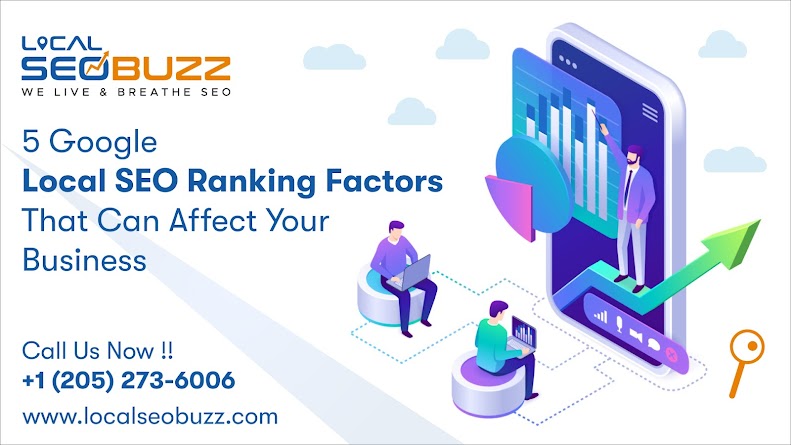The Basics Of Local SEO
There were relatively few websites back in the early days of the internet, so it was relatively easy to navigate the web. In order to make it easier for users to find the sites they seek on the internet, search engines were created once the internet expanded send then came the need for Local SEO.
In search engines, you can enter a phrase
and find websites with the keywords you entered. It was Google, however, that
became the first search engine to use links between websites as an indicator of
which websites were trustworthy and reputable.
Currently, Google evaluates hundreds of
factors related to your website and off it to determine if it should appear as
a search result. Search engines combine factors to determine what results to
return based on your "digital footprint." Each factor has a different
weight or value, which the search engine considers when returning results. When
a user types an inquiry into Google, your digital footprint determines whether
you appear as a top result.
Why does Google work the way it does?
The Google search engine checks a pattern of different signals from websites, or ranking factors, and returns a list of sites that have a match for your search term.
Most people don't realize that when they type something into Google, the internet isn't being searched live. The search actually searches Google's cached copy of all sites it has discovered. This is what is known as the Google Index.
Google crawls the web with the help of
small programs called "spiders". Spiders start on a single page, then
follow links on that page, looking at the content on subsequent pages, etc.
Google indexes web content as it is
crawled and stored on its servers. At an incredibly fast pace, spiders
constantly crawl trillions of pages, which is mind-boggling. Using this method,
new sites and connections are discovered quickly and indexed as soon as
possible.
Search results ranked by Google
Numerous processes are used by Google to rank hundreds of
thousands of websites in the blink of an eye. This is known as an algorithm.
Google checks its index when you perform a search, and it returns a list of
websites that match your search in organic results. Inbound links determine the
relevance, prominence, and popularity of the results.
For the purpose of determining relevant
websites, the algorithm examines a variety of on-site and off-site factors. The
list is then ranked by prominence based on the number of relevant sites added.
Based on the various on-site and off-site factors, the algorithm determines
which sites provide the best response to your search query, and those sites are
listed at the top of the results.
Improved SEO improves your website's
relevance, prominence, and link popularity. Your site appears in more search
results if the elements of your digital footprint are optimized.
Local SEO: What matters
How does this affect search marketers? Why do you need Local SEO services? Even though the
local map pack is displayed in the standard organic search results, Google uses
different algorithms to determine the rankings of local businesses and the
results of the local map pack. When you are a local business, you have the
option of appearing in both the organic search results and the local map pack.
In the early stages of marketing your
business online, one of the greatest challenges is figuring out what to focus
on to maximize the effectiveness of your efforts.
An annual Local Search Ranking Factors survey by marketing analytics company Moz includes the top 35 to 40 local SEO experts from around the world. It provides valuable insights into what factors impact local search visibility.
Furthermore, there are SEO tools designed
specifically for local search that can help you create local SEO audits, such as keyword research focused on your local
audience, creating citations, and managing Google My Business listings,
business profiles, and Google posts. Or you can simply hire a company like
Local SEO Buzz to help you enhance your local rankings!


.png)

Comments
Post a Comment